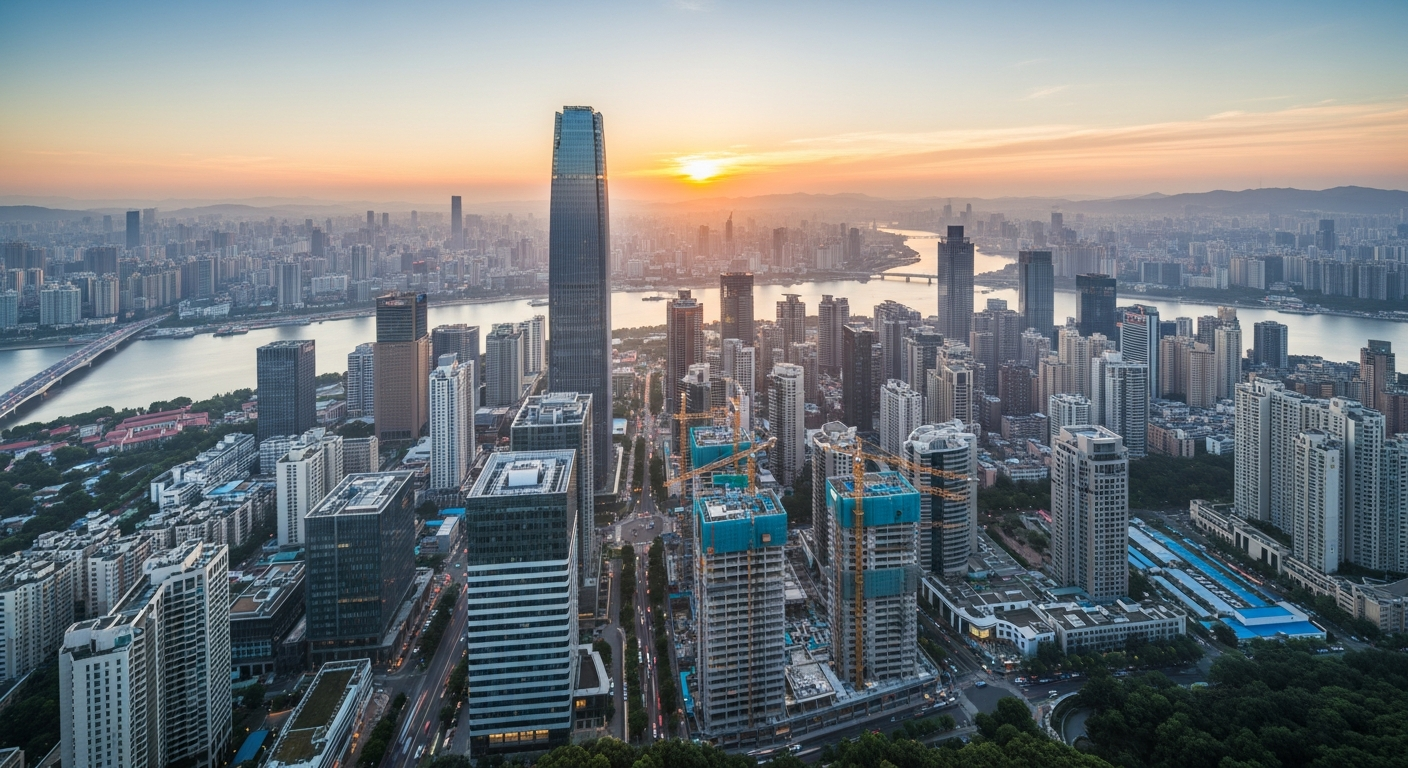Avant-Garde Opera: Revolutionizing the Stage
In the ever-evolving world of performing arts, avant-garde opera stands as a bold frontier, challenging traditional norms and pushing the boundaries of musical storytelling. This innovative genre blends classical operatic elements with experimental techniques, creating performances that captivate and confound audiences in equal measure. From unconventional staging to groundbreaking compositions, avant-garde opera is reshaping the landscape of musical theater and redefining the possibilities of artistic expression.

Breaking the Fourth Wall
One of the hallmarks of avant-garde opera is its willingness to break the fourth wall and engage directly with the audience. This approach often involves unconventional staging techniques, such as performing in non-traditional spaces or incorporating interactive elements that blur the line between performer and spectator. By dismantling the barriers between stage and audience, avant-garde opera creates a more immersive and participatory experience.
Sonic Experimentation
Avant-garde opera composers push the boundaries of musical expression, often incorporating unconventional sounds and techniques into their scores. This may include electronic music, found sounds, or extended vocal techniques that challenge traditional notions of operatic singing. The result is a sonic landscape that can be both jarring and mesmerizing, forcing listeners to engage with music in new and unexpected ways.
Visual Spectacle
Many avant-garde opera productions place a strong emphasis on visual elements, incorporating cutting-edge technology and innovative design to create striking stage pictures. Projections, interactive set pieces, and bold costuming choices all contribute to a visual language that complements and enhances the musical narrative. These productions often blur the lines between opera and performance art, creating multisensory experiences that engage audiences on multiple levels.
Narrative Deconstruction
Avant-garde opera frequently challenges traditional narrative structures, opting for non-linear storytelling or abstract explorations of themes and emotions. Some productions eschew conventional plots altogether, instead focusing on creating mood and atmosphere through a combination of music, movement, and visual design. This approach allows for a more open-ended interpretation of the work, inviting audiences to engage with the material on a deeper, more personal level.
Cultural Commentary
Many avant-garde opera productions use their unconventional approach to address contemporary social and political issues. By subverting expectations and challenging norms, these works can offer pointed critiques of society and spark important conversations. Themes of identity, technology, and environmental concerns are often explored through the lens of avant-garde opera, making the genre a powerful tool for cultural commentary.
Collaborative Creation
Avant-garde opera often embraces a collaborative approach to creation, bringing together artists from various disciplines to contribute to the final product. Composers may work closely with visual artists, choreographers, and technology specialists to create truly interdisciplinary works. This collaborative spirit fosters innovation and pushes the boundaries of what opera can be, resulting in productions that defy easy categorization.
Critical Reception and Audience Engagement
The reception of avant-garde opera can be polarizing, with some critics and audience members embracing its innovative approach while others struggle to connect with its unconventional elements. However, the genre has gained a dedicated following among those who appreciate its willingness to challenge and provoke. Many avant-garde opera companies have developed educational programs and outreach initiatives to help audiences better understand and engage with these challenging works.
Influence on Mainstream Opera
While avant-garde opera remains a niche genre, its influence can be seen in more mainstream productions. Traditional opera companies are increasingly incorporating experimental elements into their stagings, recognizing the power of innovation to attract new audiences and keep the art form relevant. This cross-pollination of ideas has led to a renaissance in operatic production, with directors and designers pushing the boundaries of what is possible on the opera stage.
The Future of Avant-Garde Opera
As technology continues to advance and audience expectations evolve, the future of avant-garde opera looks bright. Virtual and augmented reality technologies offer new possibilities for immersive storytelling, while social media and online platforms provide opportunities for greater audience engagement and participation. The genre’s commitment to innovation and experimentation ensures that it will continue to evolve, challenging our perceptions of what opera can be and pushing the boundaries of artistic expression for years to come.






